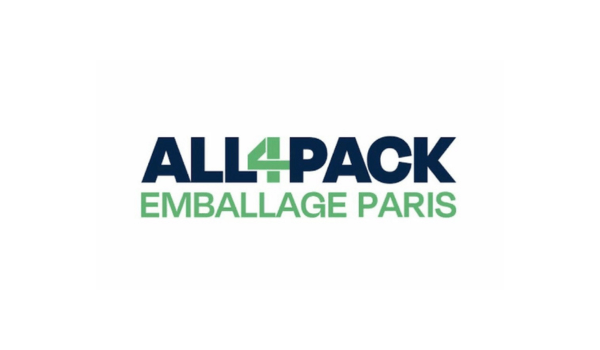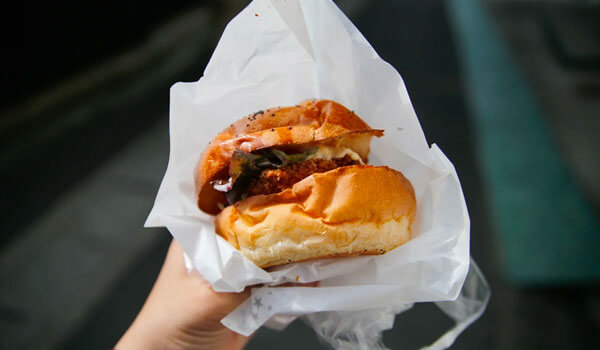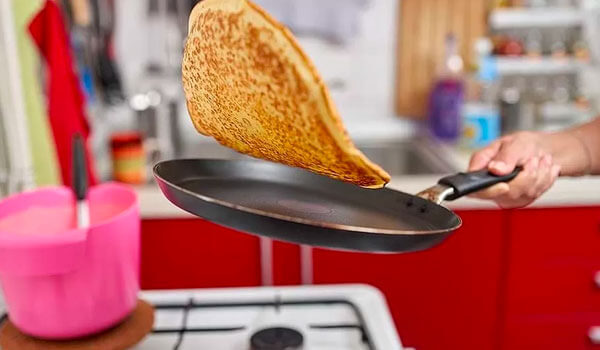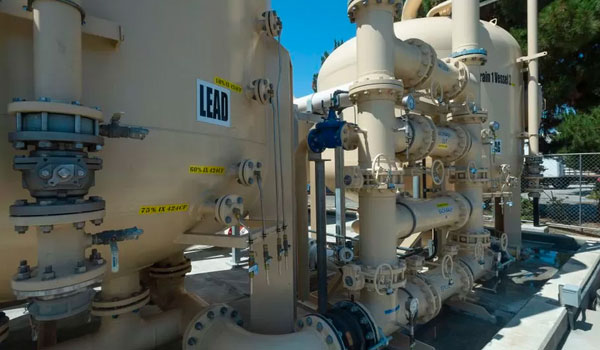

Until the mid-20th century, most packaged goods came in eco-friendly containers: reusable glass and metal containers, and biodegradable paper.
Inexpensive, mass-produced single-use plastics promised to be more hygienic and to keep food fresher longer, but created its own nightmare: waste that can take as long as 1,000 years to degrade.
Now, numerous food manufacturers are working on eco-friendly packaging – made out of such materials as corn starch, cane sugar pulp and calcium carbonate – to cut down on waste.
Theo’s Plant-Based is among the few brands that use compostable packaging at scale. Co-founder Theo Mourad told The Food Institute implementing the change in packaging has not been without its challenges.
“With plastic, if the package gets dirty, it can be wiped off, but with the compostable craft paper, it will stain so packers have to be more careful. Given these factors, the packaging process is slower, more expensive, and higher risk,” Mourad noted, adding though compostable/biodegradable packaging is the future, there will be a learning curve among consumers, as well as manufacturers.
WORLDWIDE CRY FOR IMPROVED PACKAGING
“Consumers are used to the way shiny plastic looks in the grocery store, so folks using [eco-friendly] packaging have to consider making design changes with compostable materials,” Mourad said. “When we went to our biodegradable/compostable craft paper bag, we had to adjust artwork, and even packaging processes during manufacturing.”
The Biden administration has set a goal of reducing the level of fossil fuel-based plastics by 90% in the next 20 years, moving to plant-based alternatives that are recyclable or compostable to reduce the amount of trash in landfills.
The U.N. Environment Program estimates some 400 million tons of plastic waste is produced annually, winding up in waterways and landfills, fouling up not only the water but posing a threat to wildlife as it breaks down to microplastics that wind up in the food chain.
Frito-Lay, which makes 60% of all potato chips sold in the U.S., debuted alternative packaging in 2009 – a 100% compostable bag for SunChips made from 90% polylactic acid but dropped it the following year because it was too noisy. It has since reduced the polylactic acid content by 5% for two of its Off the Eaten Path veggie chips varieties. The bags can either be composted or sent to TerraCycle in New Jersey for recycling.
ADDITIONAL PACKAGING OPTIONS
Until all packaging is biodegradable, there’s a possible middle ground.
Michelle McAndrews, marketing director at organic food maker Kate’s Real Food, told FI the company sees real promise in post-consumer recycled materials.
“We are currently running trial packages that incorporate 30% post-consumer recycled materials and plan to do more of this in the very near future,” McAndrews said. “We have also made other packaging changes that reduced our plastic use by about 15% and removed nonrecyclable plastics like PVDC from our packaging.
“We are proud to say that we have removed 475 pounds of plastic for every 1,000,000 bars. Our variety pack boxes are also made of 100% recycled materials,” Andrews added.
Copied From foodinstitute.com




